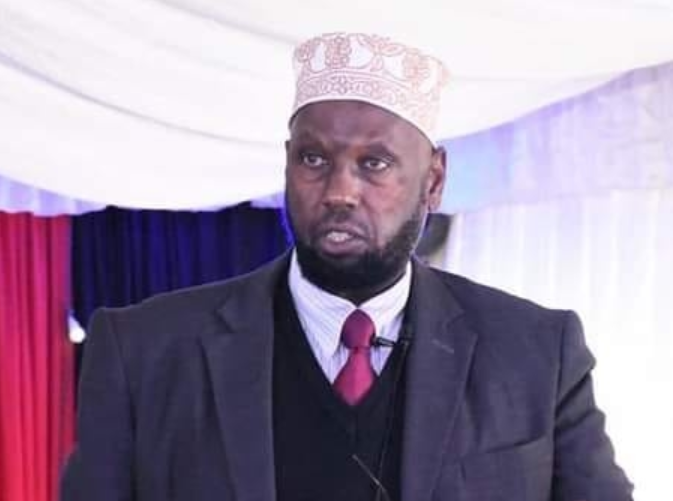 IEBC Commissioner nominee Hassan Noor/HANDOUT
IEBC Commissioner nominee Hassan Noor/HANDOUTA three-judge bench rejected a petition seeking to disqualify Hassan Noor from appointment as a commissioner to the Independent Electoral and Boundaries Commission (IEBC) over his ties with Suna East MP and National Assembly Minority Leader Junet Mohamed.
In a detailed ruling delivered on July 10, the court held that the relationship, while openly acknowledged, did not amount to sufficient grounds for disqualification in the absence of proof of undue influence or breach of the selection process.
During his vetting, Noor had voluntarily disclosed that he is Junet Mohamed’s brother-in-law.
The revelation sparked concerns from the petitioners who argued that such a political connection could compromise his impartiality and undermine public confidence in the IEBC’s independence.
They alleged the appointment violated constitutional principles of integrity, transparency, and fairness, and could lead to perceptions of political patronage.
However, the bench ruled that familial relations, in and of themselves, are not a constitutional bar to public service unless they give rise to a reasonable perception of bias or demonstrate actual interference in the appointment process.
“The Constitution does not impose a blanket prohibition against individuals related to politicians from holding public office,” the court held.
“To do so would risk violating the principle of equal opportunity and merit-based appointments, especially where no evidence of undue advantage or interference exists.”
The judges further stated that the proper approach in such cases is to evaluate whether the nominee has demonstrated independence, professionalism, and transparency in light of their relationship, and whether constitutional safeguards against conflict of interest are in place.
In Noor’s case, the court noted that petitioners had not challenged his professional qualifications or integrity, nor did they allege any procedural irregularities specific to his selection.
“In the absence of compelling evidence of conflict of interest, such allegations amount to mere speculation and fail to meet the legal requisite standard,” the bench ruled.
The judges also cited a Court of Appeal decision in Civil Appeal E829 of 2024 of Gachagua and 80 others, which emphasised that family members of public officials are entitled to pursue independent careers, and that such relationships cannot, on their own, discredit a person’s suitability for public office.
The court concluded that while public perception is important in safeguarding institutional trust, disqualification must be based on demonstrable facts, not assumptions.
“We find that in the absence of undue influence, interference or irregularity in the process, the relationship to a political actor or public official cannot, without more, invalidate or negate his selection, nomination and possible appointment to serve as a member of the IEBC,” Justice Bahati Mwamuye, on behalf of the bench noted.
As such, the court declined the petitioners' request to declare Hassan Noor ineligible for appointment to the IEBC.
They affirmed the principle that constitutional
disqualification must be based on evidence, not association.











